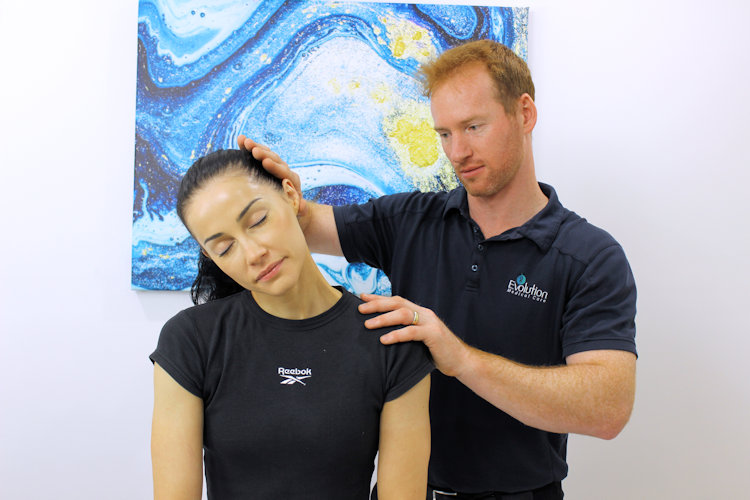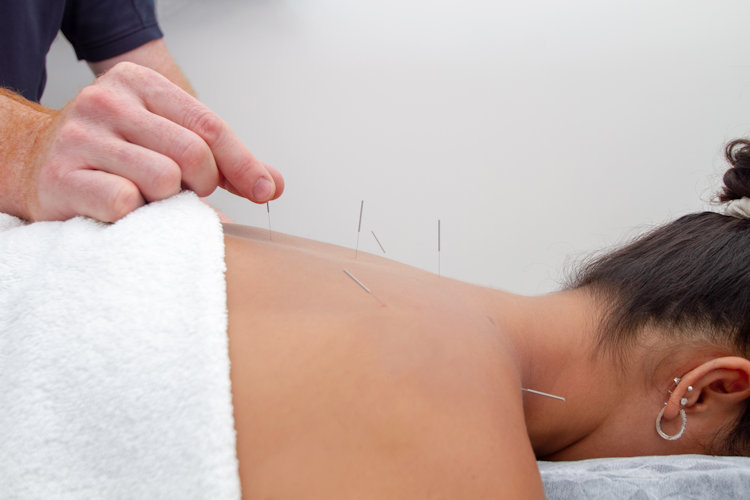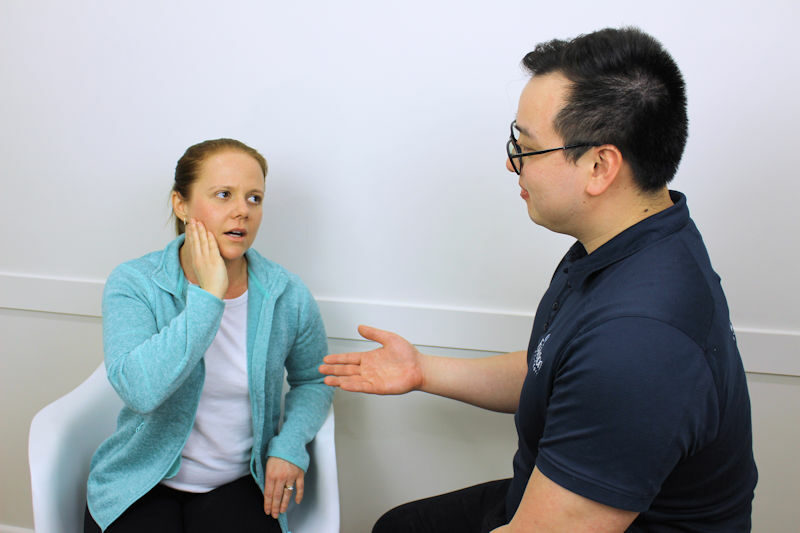In Australia, 20-30% of the adult population is thought to have TMJ pain, and women more frequently experience this than men. It can happen to anyone at any age but is most common between 20 and 40 years old.
The Impact of TMJ Pain
Most of the time, when TMJ issues are actually concerning, it is long-term and can last for months or even years. If the situation isn’t taken care of, it can get worse and cause more health problems. When working with sufferers that have let TMJ pain get worse, we frequently see that it can develop into other symptoms including:
- Constant headaches
- Shoulder and neck pain
- Ear pain
- Reduced jaw movement
- Trouble eating and talking or clicking of the joint
And ultimately, the pain gets more frequent and more intense as do the symptoms above! TMJ pain can have a big effect on the life of sufferers and studies have found that 85% of people suffering from TMJ pain also suffer from other significant conditions like Allergies, Chronic Fatigue, Endometriosis, Fibromyalgia or Irritable Bowel Syndrome.
Factors Contributing to TMJ Pain

Some sufferers of TMJ pain are fully aware of what caused the pain to develop which is typical for acute injuries. For others, there isn’t a clear causative factor that they are able to pinpoint, and symptoms can fluctuate seemingly without reason. There is always a cause for TMJ pain though and it can develop in different ways with different causative factors including:
Trauma
Trauma to the jaw or the muscles that surround it may have a role in the development of TMJ pain. This can be an injury experienced in a car accident, or while participating in sports which may involve injury to the jaw joint alone or even fractures to the jawbone which can have a carry-on effect on the jaw joint itself.
Arthritis
Two kinds of arthritis that can affect the jaw joint are osteoarthritis which is commonly termed an overuse and degenerative condition, as well as, rheumatoid arthritis which is an auto-immune disease that affects the joints. Both kinds of arthritis can cause pain and make moving the jaw difficult.
Muscle tension
Anxiety and stress can cause people to subconsciously clench their jaws or grind their teeth. For others, tension develops in their jaw muscles through chewing or even speaking or smiling excessively. All of these factors can add to jaw tension and pains associated with this.
Malocclusion
A malocclusion is an irregular bite that can arise due to inherited factors or dental issues; this can certainly cause jaw pain and is best dealt with by specialist dentists.
Bruxism
Also known as teeth grinding, bruxism is typically associated with increased levels of stress, whether this be related to personality types or simply stressful events that are happening in life. Excessive teeth grinding can harm the jaw joint and the muscles that surround it, causing pain.
Stress
High levels of stress and anxiety are massive contributors to TMJ pain, whether it be increased sensitivity to pain, tension throughout the whole body or how it contributes to many of the other causative factors of TMJ pain. Stress almost always plays a role in the development of TMJ pain.
Heredity
Some of us are predisposed to TMJ pain due to hereditary or family history factors. Someone may be prone to TMJ discomfort if they have a small or crooked jaw, for example.
It is critical to remember that the root of TMJ pain may not always be obvious for some sufferers. An experienced medical practitioner can help determine the underlying cause of the problem and establish a treatment plan that is appropriate for the situation.
Acupuncture for TMJ
Acupuncture is an effective approach for treating TMJ or jaw pain since it targets the underlying causes of the pain rather than just masking the symptoms. When it comes to TMJ or jaw pain the way that Acupuncture works is by locally decreasing inflammation and tension surrounding the jaw. Acupuncture has an impact on the nervous system and hormonal balance within the body, which we find is often crucial when addressing the causative factors leading to this type of pain.
Acupuncture can also be used with other treatment techniques, such as remedial massage therapy, cupping therapy, herbal supplements or even dental splints, to achieve the best possible results. Sometimes using a combination of treatments can provide a more comprehensive approach to TMJ pain treatment, treating not just the physical but also the emotional or underlying causes of the problem.

Ready To Get On Top Of TMJ Pain?
If you are experiencing any of the symptoms associated with TMJ pain, it is important that you visit a healthcare professional, sooner than later, to avoid the pain evolving or becoming chronic. By visiting our team, our expert practitioners will comprehensively assess and diagnose the cause of your pain and set out an appropriate treatment plan not only to relieve symptoms short term but to also ensure that it doesn’t come back.
If you have been having jaw or TMJ pain and are looking for a solution, please do not hesitate to contact us (02) 4709 6727 or schedule an appointment online today.
We look forward to discussing how we can help in your situation!


